Don’t have a hunting dog? No problem. This ultimate guide to duck hunting without a dog will teach you everything you need to know to have a successful hunt.
What is duck hunting without a dog and why should you try it?
Duck hunting without a dog is an exciting way to experience the outdoors and test your hunting skills. It requires more patience and skill than duck hunting with a dog, but it can be very rewarding. You will need to be observant and use your knowledge of waterfowl behavior to successfully hunt ducks in this manner. With the right gear and preparation, you can make duck hunting without a dog a successful hunting experience.
Want a free printable checklist to have on hand before your next waterfowl hunt? Download it now.
Without a dog, you’ll need to retrieve the ducks yourself. Be ready to wade into the water to retrieve any ducks you shoot. You can also use decoys to attract ducks to your location and set up a blind to hide from their view. It’s important to be patient and quiet.
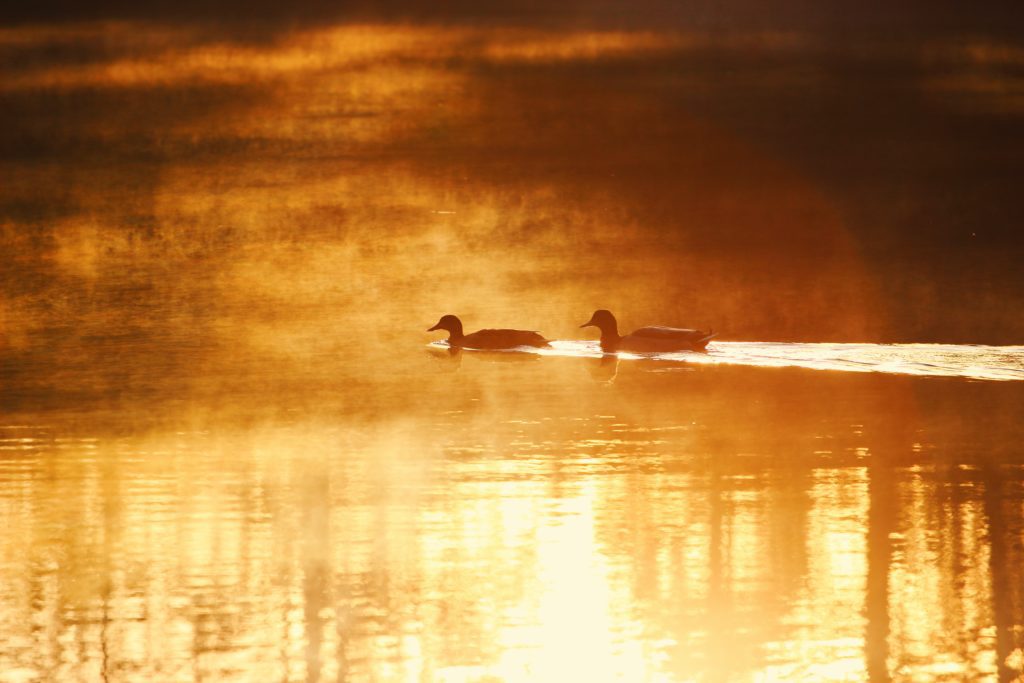
Essential Gear for a Successful Duck Hunting Trip Without a Dog
Duck hunting is a popular outdoor activity. As a hunter, you need the right gear to make your duck hunting trip successful. Without a dog, it is even more important to prepare with the essential gear that will help you find and hunt ducks. Essential gear for a successful duck hunting trip without a dog? Decoys, waders, and a good shotgun. With these items in hand, you can have an enjoyable and successful duck-hunting experience.
If you’re hunting ducks in an area where the water is deeper than where you can go in waders, a cheap but effective option for retrieving ducks is having a small kayak on hand – something portable and easy to get in and out of your hunting area. It can also be used as a sled to haul decoys in and out.
Tips & Techniques to Maximize Your Chances of Success
- Scout the area beforehand: Before heading out for a duck hunt without a dog, it’s important to scout the area beforehand. Look for areas where ducks are likely to be found, such as shallow water or areas with plenty of vegetation.
- Use decoys: Decoys are a great way to attract ducks to your hunting area. Set up a spread of decoys in the water or on land, depending on the type of ducks you’re hunting. Make sure to vary the positions and types of decoys to make the spread look more realistic.
- Use a duck call: A duck call is an essential tool for any duck hunter. It can be used to mimic the sounds of ducks, which can attract them to your hunting area. Practice using the duck call before heading out on your hunt to ensure you’re using it correctly.
- Be patient: Duck hunting without a dog can be more challenging, so it’s important to be patient. Wait for the ducks to come to your hunting area and don’t rush your shots. Take your time and wait for the right opportunity to take a shot.
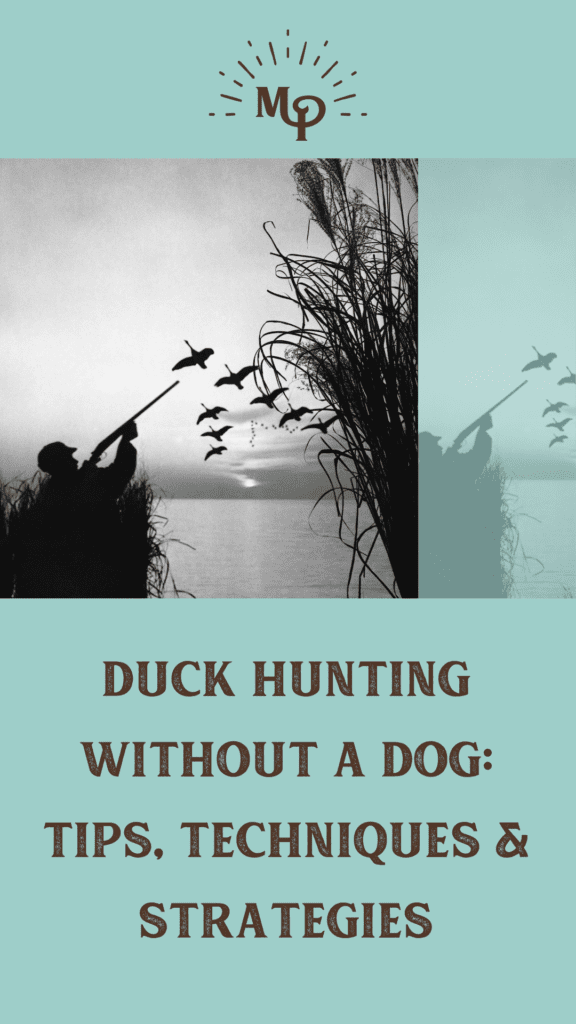
- Use a retriever tool: If you’re hunting in water, a retriever tool can be a helpful tool for retrieving downed ducks. A retriever tool is a long pole with a hook on the end that can be used to grab the duck and bring it back to shore.
- Bring a partner: Hunting with a partner can make duck hunting without a dog easier. One person can focus on calling and attracting the ducks, while the other person can focus on taking the shots and retrieving downed ducks.
- Practice safety: As with any hunting activity, safety should be a top priority. Wear appropriate clothing and gear, and always follow safe hunting practices. Never shoot at anything that you’re not sure is a duck, and always be aware of your surroundings.
Want a free printable checklist to have on hand before your next waterfowl hunt? Download it now.
Common Mistakes When Going Duck Hunting Without A Dog
Duck hunting without a dog can be a daunting task for many novice hunters. It requires careful planning, proper equipment, and the right technique to ensure a successful hunt.
When hunting ducks without a dog, try to set up in an area that doesn’t have a strong current or that isn’t very deep. Be sure to make a mental mark of where each duck falls. You need to make sure to choose your shots carefully. If you know when a duck is flying over it could fall into an area you can’t reach, it may be best {and more ethical) to let that shot go.
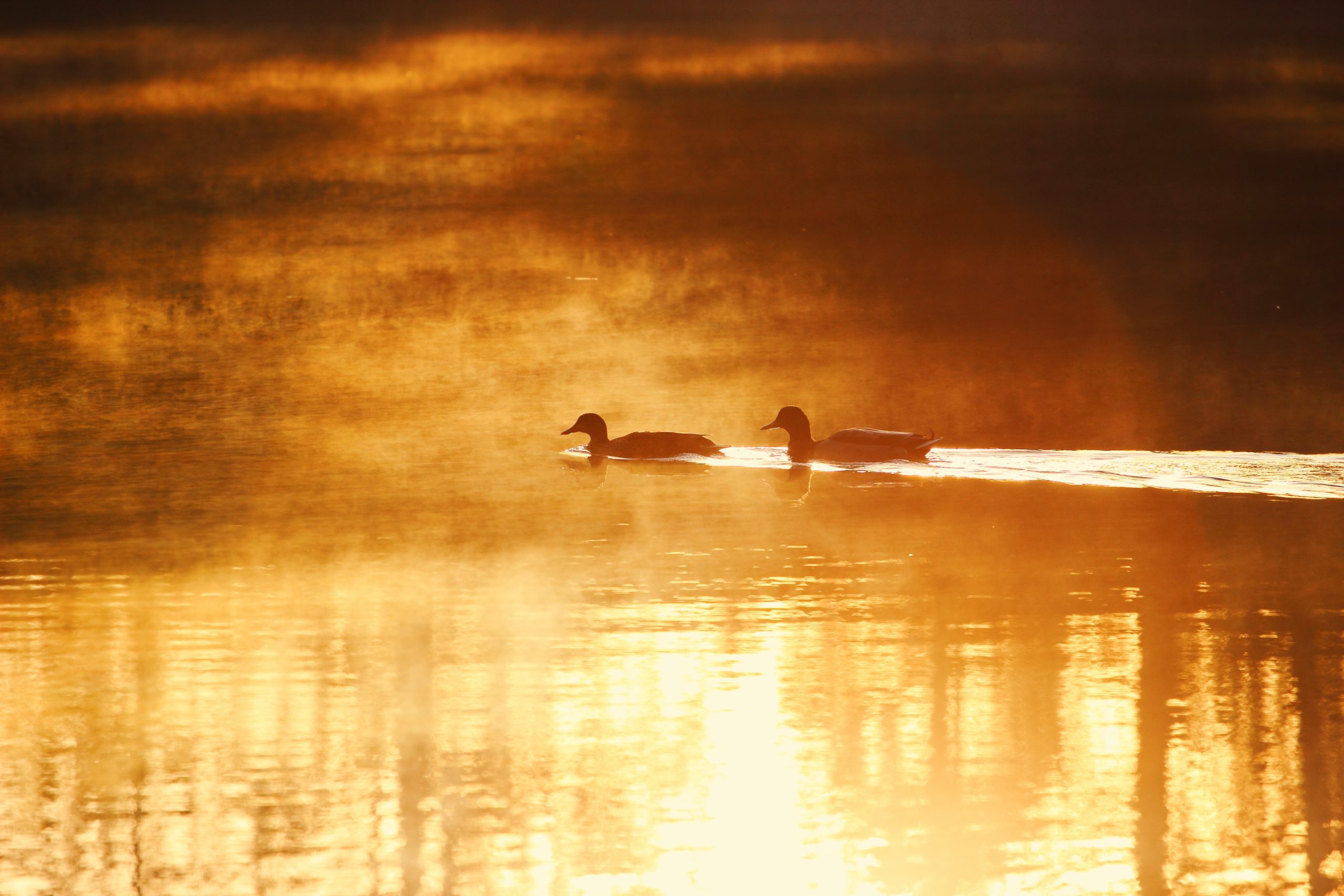
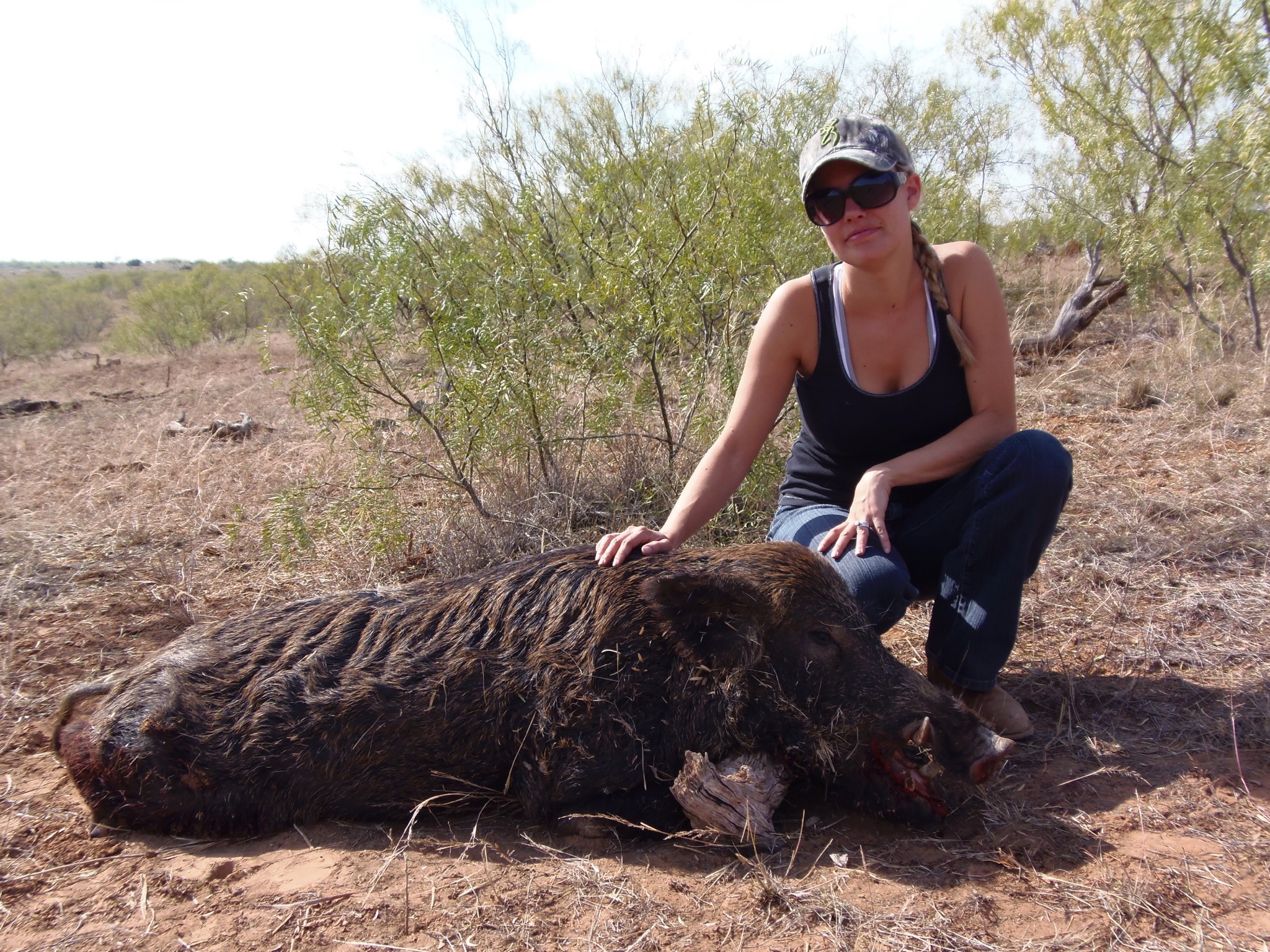
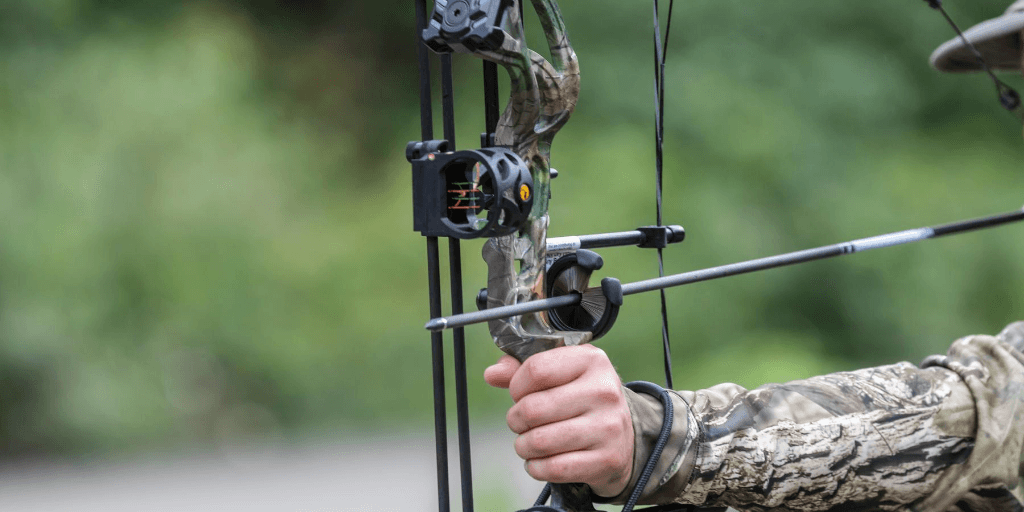


One thought on “Duck Hunting Without a Dog: Tips, Techniques & Strategies”